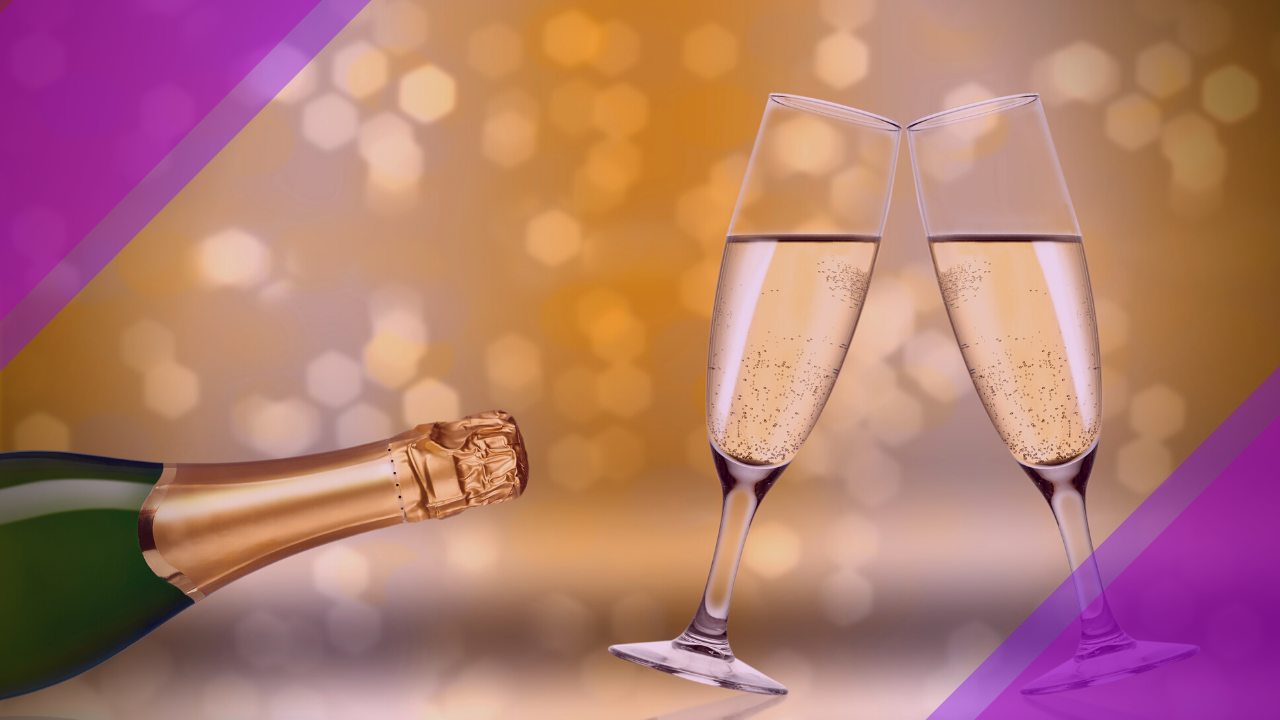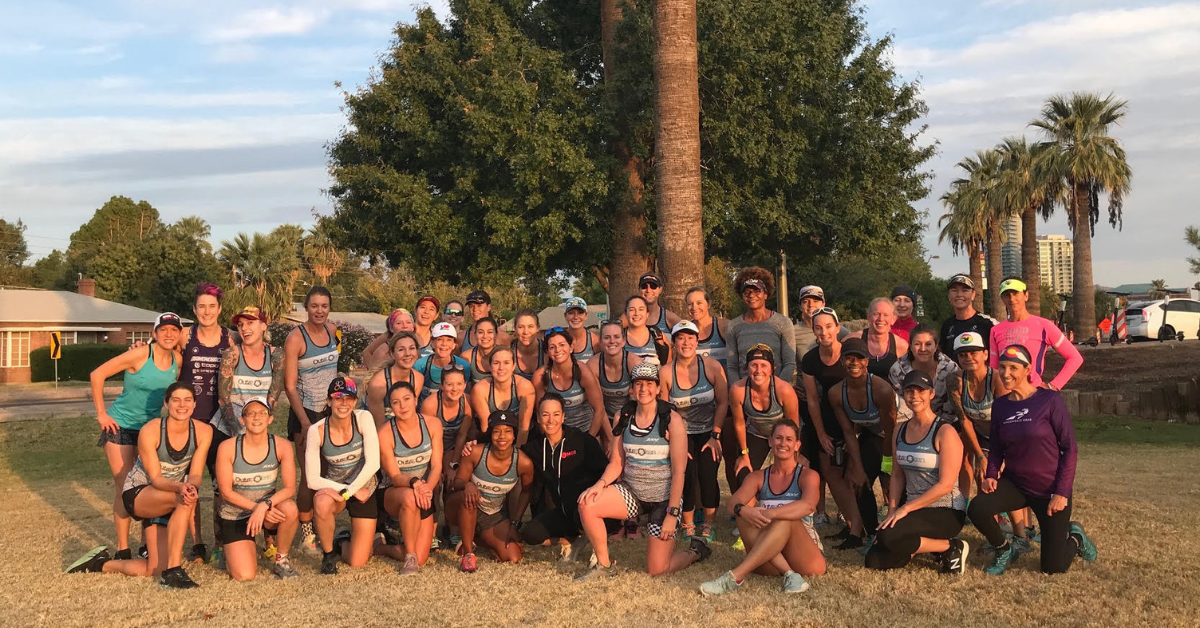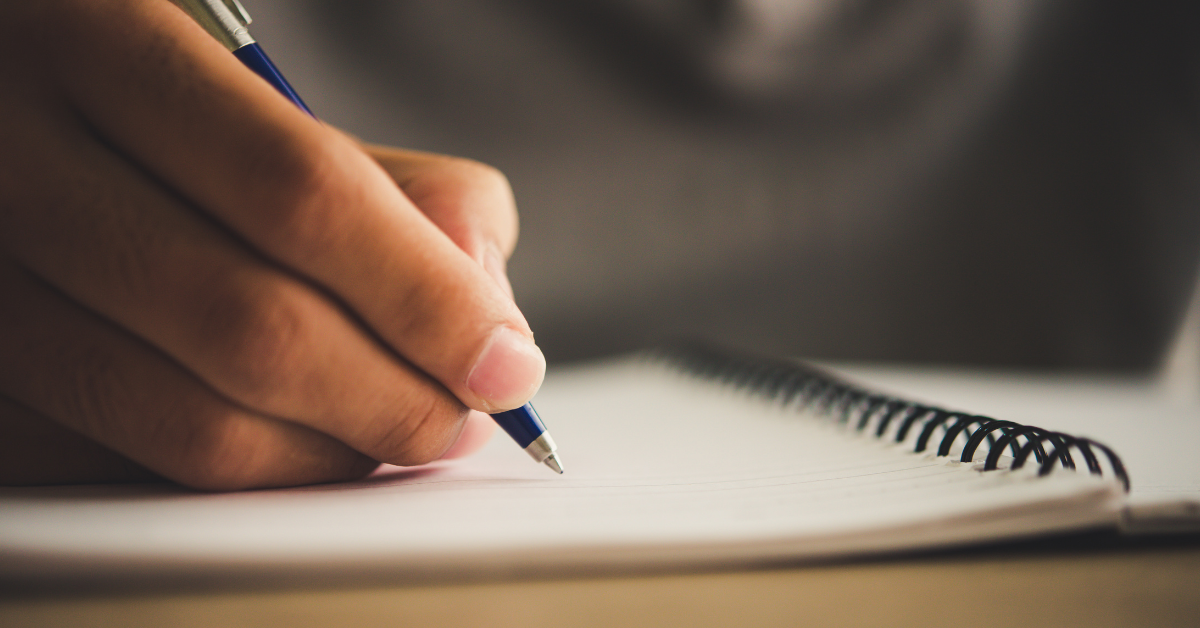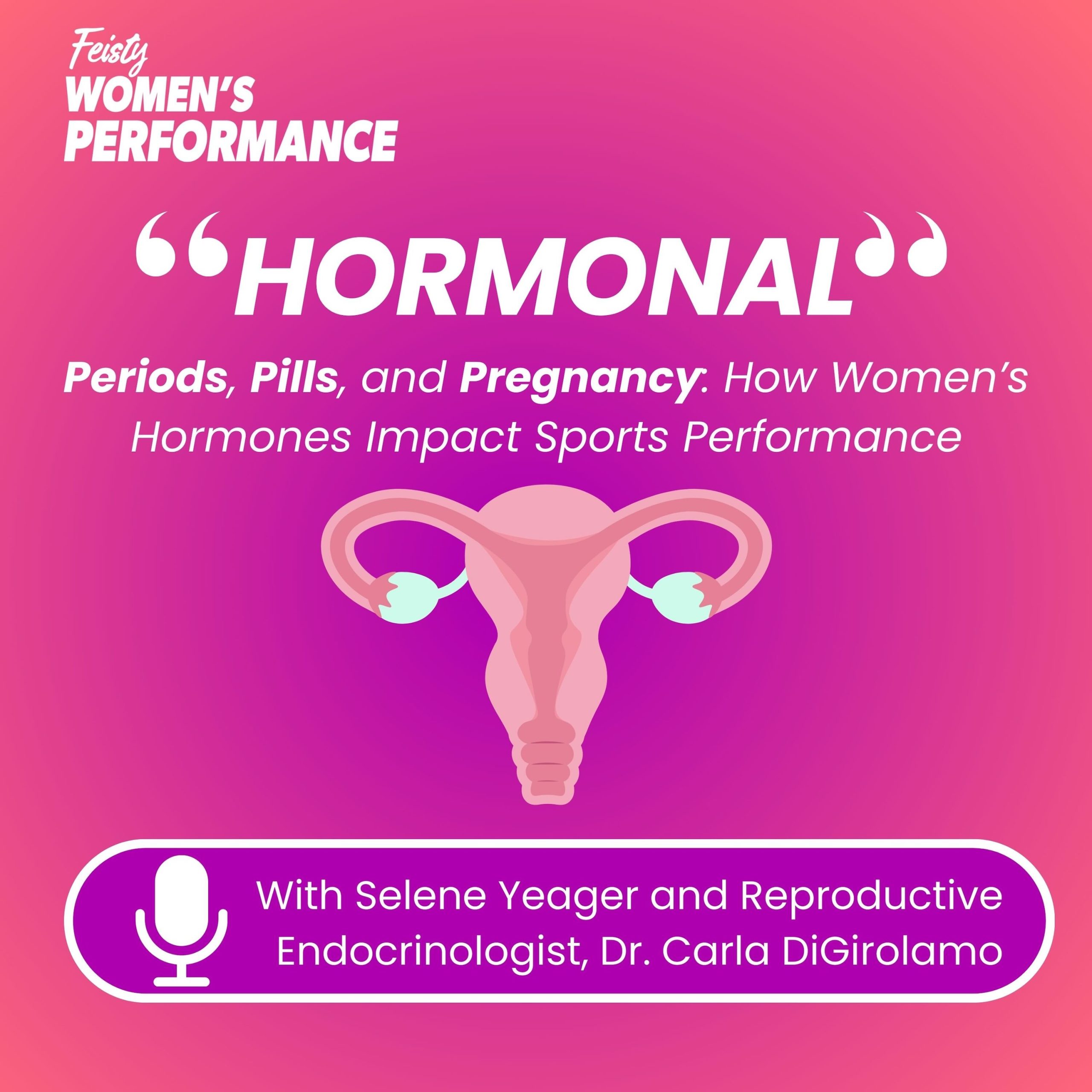September 8, 2021
Toasting Menopause

Alcohol is good! Alcohol is bad! The research is equivocal and the decision to drink is personal.
By Selene Yeager
If you’ve paid any attention to alcohol research for more than a year or two, you, like me, have developed a case of results whiplash. For decades we’ve heard that moderate drinking—a drink a day for women; two for men—can reduce the risk of heart disease and lower mortality. My Nana happily raised a glass of Riunite or a Sloe Gin Fizz every night to this.
Recent research has called that into question, with a study presented at the American College of Cardiology’s 70th Annual Scientific Session this May finding that just one glass of beer, wine, or other booze increases the risk of experiencing an episode of atrial fibrillation (AFib, or irregular heartbeat) within the next four hours. Two or more drinks in one sitting raised the risk threefold.
Alcohol is also known to increase cancer risk, with even a single drink a day elevating the risk of breast, esophageal or oral cancer, according to the National Cancer Institute. Moderate alcohol use has a relative risk factor of 1.26 (that’s about the same relative risk as menopausal hormone therapy, which Dr. Avrum Bluming did a great job putting into perspective on episode 41 of Hit Play Not Pause. It’s also important to put that in the context of your absolute risk, which Komen.org does a great job of here). For whatever it’s worth, my sweet wine and highball-loving Nana also had a lump removed from a breast in her 70s (but declined any radiation treatment) and also lived into her 90s.
So there’s really not a conclusive medical stand when it comes to alcohol. This brings us to the latest round of research on alcohol and menopause specifically: one is a study showing that a glass of white wine a day lowers the odds of having early menopause and another is a study that finds moderate beer drinking may alleviate menopause symptoms.
Let’s dig into that first one, which frankly got overblown in the media (shocking, I know) with headlines pronouncing that a glass of white wine a day can delay menopause. The study actually looked at early menopause (defined as at age 45) specifically. The researchers analyzed data from nearly 108,000 women from the Nurses’ Health Study II, who were followed from 1989 to 2011. After taking multiple factors into account, they examined the effects of red wine, white wine, beer, and liquor on early menopause.
They found that women drinking about 1 to 1 ½ glasses of white wine a day reduce their chances of early menopause by 19 percent. Red wine lowered the risk by about 10 percent. There was no benefit seen with beer. The researchers concluded that this large study suggests “a weak association of moderate intake with lower risk of early menopause,” noting that alcohol increases levels of circulating estrogen, which may postpone menopause. Kind of interesting, but not worth picking up a bottle of Barefoot for. Importantly, any benefits were lost once women drank more than that amount.
Now let’s look at whether it’s worth pouring yourself a pint to manage menopause symptoms. This was a Spanish study published in Nutrients (and worth noting was funded by The European Foundation for Alcohol Research) that examined whether beer consumption—either alcoholic or non-alcoholic—could help reduce menopausal symptoms and improve cardiovascular risk factors associated with the menopause transition.
The interesting part of this study is that it was less about the alcohol, but about the fundamental ingredients of beer. Beer it seems (which is a new cool piece of info to me) is the main food source of a compound called isoxanthohumol (IX), which is a precursor of another compound called 8-prenylnaringenin (8-PN). When you guzzle a pint of suds (regardless of alcohol content), the micro-organisms in your stomach activate the IX and create 8-PN, which is the strongest phytoestrogen identified to date. Phytoestrogens, as you likely know, are a weak plant-form of estrogen, which are reported to help reduce menopausal symptoms
So the researchers had 34 symptomatic, postmenpauasal women ages 45 to 70 either drink 11 ounces of alcoholic beer; 20 ounces of nonalcoholic beer (they needed more NA to get the same phytoestrogen load), or no beer (or alcohol) every day for six months. They rated the women’s symptoms using the Menopause Rating Scale and performed general health checks including body weight, blood pressure, and bloodwork.
In the end, both groups of beer drinking women enjoyed a significant reduction in symptoms, decreasing the severity of their symptoms by an average of 46 percent among the alcoholic beer group and 42 percent in the NA group. The control group saw a 10.9 percent reduction in symptoms over the six-month span. The NA beer drinkers also saw their lipid levels and blood pressure improve. Their hormone levels didn’t differ significantly among the study groups, so alcohol was ruled out as a factor.
What does this all mean? As someone who enjoys an NA or two most evenings, I think the results are cool. As someone who also enjoys a drink, I think the results are cool. As someone who spends a lot of time writing about research, I think the results are “eh.”
That is to say, it’s well established that phytoestrogens can reduce menopausal symptoms like hot flashes. But you can get them from plant foods like soy, legumes, and some grains. Cruciferous vegetables contain a compound called diindolylmethane (DIM), which positively affects your estrogen levels and may help with symptoms. There are plenty of beneficial ways to adjust your diet without adding alcohol.
The bottom line: There are pros and cons to drinking. Moderate amounts may have some benefit for menopausal women (recognizing there are also those cancer risks). There are zero benefits of too much drinking. And none of this is a reason for non-drinkers to pick up a glass. But at least we can all make informed choices about our consumption and I will (moderately) drink to that!


 Outspoken Women in Triathlon Summit Returns Bigger than Ever
Outspoken Women in Triathlon Summit Returns Bigger than Ever  Driving the Lamborghini: Productivity and the Power of Paper
Driving the Lamborghini: Productivity and the Power of Paper  5 take aways from the Compete Sports Diversity Summit
5 take aways from the Compete Sports Diversity Summit  Simple Tips to Hone Your Bike Handling Skills
Simple Tips to Hone Your Bike Handling Skills 

